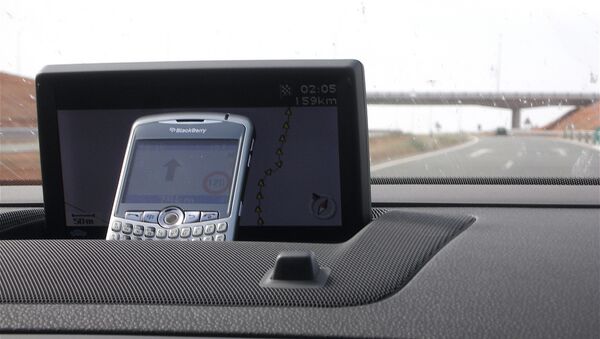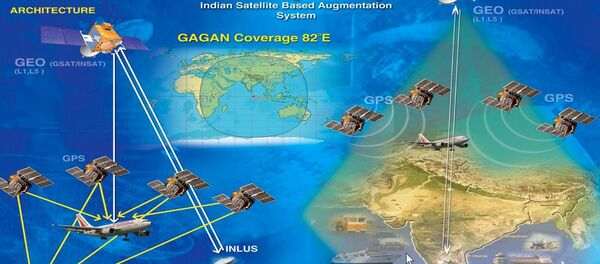NEW DELHI (Sputnik) — Proper functioning of these clocks is crucial to provide accurate navigation to the Indian armed forces. Last year, the Indian Space Research Organisation (ISRO) accepted the problems with three atomic clocks onboard one of the satellites of Regional Navigation Satellite System (IRNSS).
"The clocks are ticking well. It's not possible to share the technical details of mission management for important reasons. ISRO is adopting various strategies so that best results are obtained from its satellite systems," A.S. Kiran Kumar, Chairman, ISRO told IANS earlier this month. But sources said that more atomic clocks have faced difficulties in providing data which is likely to be compensated with the launch of a replacement satellite in near future.
The failure of three atomic clocks was not causing much worry to Indian scientists as they cited similar instance earlier this month in Europe, where three rubidium atomic clocks and six hydrogen maser clocks onboard Galileo failed.
Rubidium atomic clocks were manufactured by the Swiss company Spectracom. However, India's CSIR-NPL has developed and transferred the critical technology of Rubidium atomic clock for space applications to ISRO. A model has been developed at CSIR-NPL and is undergoing further developments at Satellite Applications Center before being integrated into the payload of the IRNSS.




